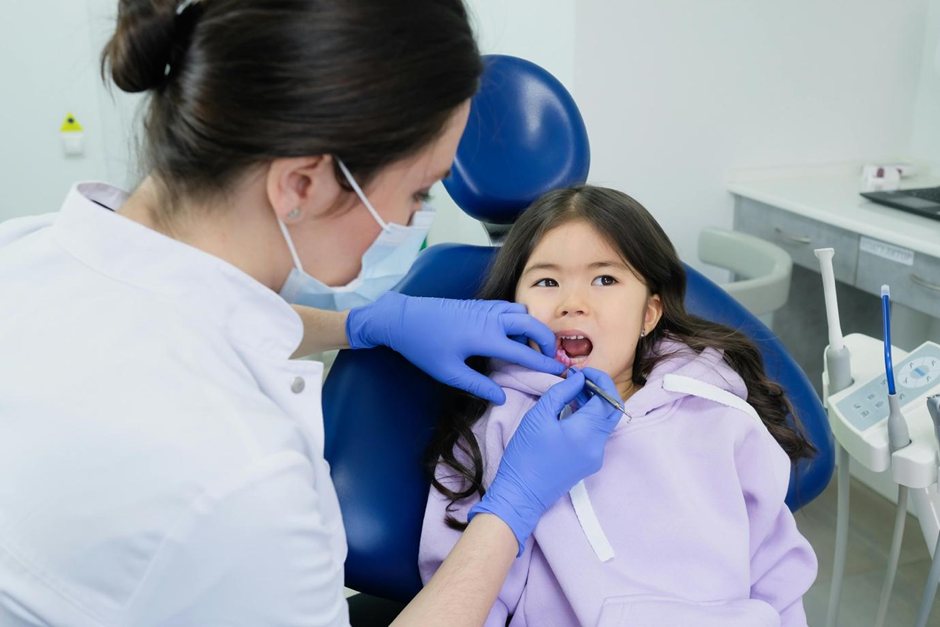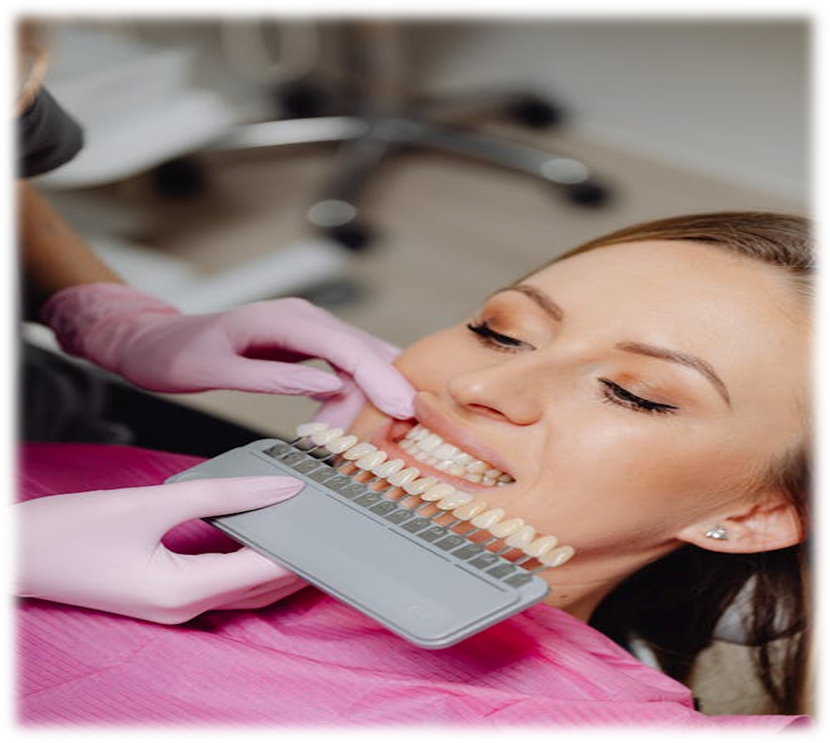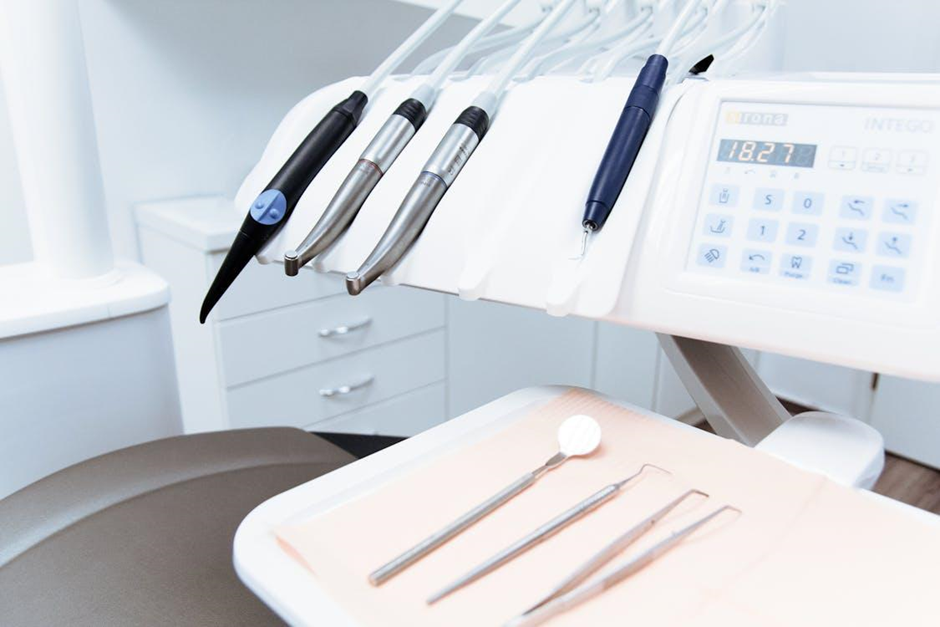Smoking And Oral Health – All You Need To Know
dental care
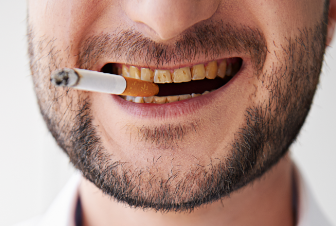
Cigarette smoking takes away at least 10 years off your life expectancy. It does a lot of harm to your mind and body. The adverse effects can range from poor oral health to life-threatening conditions. Smoking is the leading cause of preventable death that is taking place over 7 million deaths per year. The journey to quit smoking is a grueling one, but your dental team can help. How?
Effects Of Smoking On Oral Health
- Staining of teeth by the nicotine and tar
- Bad breath
- Gum recession and periodontal diseases
- Mouth ulcers
- Taste and smell disorders
- Increases incidence of tooth cavities as smoking supports the growth of bacteria and plaque
- Weakens of tooth-supporting structures lead to mobility and tooth loss
- Reduces the success of dental implants
- Weakens immune system
- Exposes margins of dental crowns (due to gum recession), making it unesthetic and unease to maintain
- Oral mucosal changes like melanosis and smoker’s palate
- Oral cancer due to exposure to the harmful chemicals
- Impaired wound healing
How Does Smoking Affect Your Oral Health?
Smoking weakens your body’s immune system making it harder to defend against a gum infection. It also impairs the natural healing mechanism. Nicotine also enhances the proliferation of cariogenic bacteria in the oral cavity. The buildup of bacteria and plaque encourages the formation of tooth cavities. Eventually, the supporting structures are affected, leading to tooth mobility and loss. What does this mean to a smoker? It means that he is more likely to develop gum disease when compared to a non-smoker. The increase in duration and frequency of smoking worsens the condition. It also negatively affects the outcome of the therapeutic procedures done in the oral cavity. Other health conditions like bad breath, mouth ulcers, altered taste, and smell also occur.
Cigarettes contain more than 60 known cancer-causing agents. The chemicals in tobacco smoke can initiate or promote cancer by altering cell genetics. Lips, cheeks, tongue, roof, and floor of the mouth, sinuses, and throat are commonly affected. They can be life-threatening if not diagnosed and treated at an early stage.
Nicotine introduced by cigarette smoking has been a major contributing factor to implant failure, with a greater risk during the initial healing phase following insertion. Implants fail to integrate with the bone due to impaired bone healing owing to restricted blood flow.
Passive Smoking And Dental Health
Involuntary smoking or passive smoking occurs when you inhale the cigarette smoke of another individual, and it adversely affects the health of non-smokers. Passive smoking can cause lung cancer, asthma, bronchitis, low birth weight, sudden infant death syndrome, cardiovascular diseases, etc. It changes the normal oral and nasopharyngeal flora. Tooth decay, periodontitis, and reduced bone density can lead to tooth loss. Nicotine enhances the proliferation of cariogenic bacteria transferred to infants from their caretakers. Passive smoking can delay dental development in children and cause gingival pigmentation. It can also result in an increased risk of failure of dental implants.
How Can a Dental Team Help?
Dentists have a professional obligation to help patients quit smoking. It is easy for them to identify the associated oral changes caused due to smoking cigarettes and advise patients to quit smoking. They can also refer you to smoking cessation support groups. The early recognition and treatment of oral conditions associated with smoking is the key, and hence a regular dental visit is advocated. ‘VELscopeVx ’ is one such device that helps visualize oral mucosal abnormalities that may not be apparent to the naked eye.
You can expect the following from your dental team.
- Early recognition and treatment of oral lesions and conditions
- Advise the value of habit cessation and refer to self-help groups.
- Oral cancer screening.
- Oral prophylaxis to eliminate the stain, tar buildup, and bad breath
- Treat tooth cavities
- Treat gum disease
- Prescribe appropriate therapeutic agents like special toothpaste and mouthwashes
- Cosmetic treatments to improve the overall appearance of your oral cavity like veneering, teeth whitening, lip, and gum depigmentation, etc
The Journey To Smoking Cessation Aand How It Affects Your Oral Health
Regardless of how long you have been smoking, quitting the habit will reduce risks to your health. Even reducing the duration and frequency can reduce the risk of developing gum diseases and potentially malignant oral lesions. To control your nicotine cravings medications like nicotine gums/patches may be prescribed. Along with drug therapy, smoking cessation classes within the community should help. In smokers, having a proper oral hygiene plan cannot be emphasized enough. A dentist can offer support for healthy decision-making for the patients. Smokers should try to avoid food that can cause further staining and erosion of teeth. Self-checkups help identifies long-standing sores, ulcers, patches, discolorations, bleeding, and lumps in the oral cavity. One should use a dentist-prescribed toothbrush, toothpaste, and mouthwashes.
Remember SMOKING KILLS. Given all its risks and complications on general and oral health, it is crucial to conduct regular dental consultations with the best dentists. Many people run into bumps on their journey to the end of smoking. With the right expertise, your dental team can promote success!
Book an Appointment With Your Doctor NOW!
Ready for a brighter smile? Schedule your appointment with Dr. Paul’s Dental Clinic today and experience exceptional dental care.
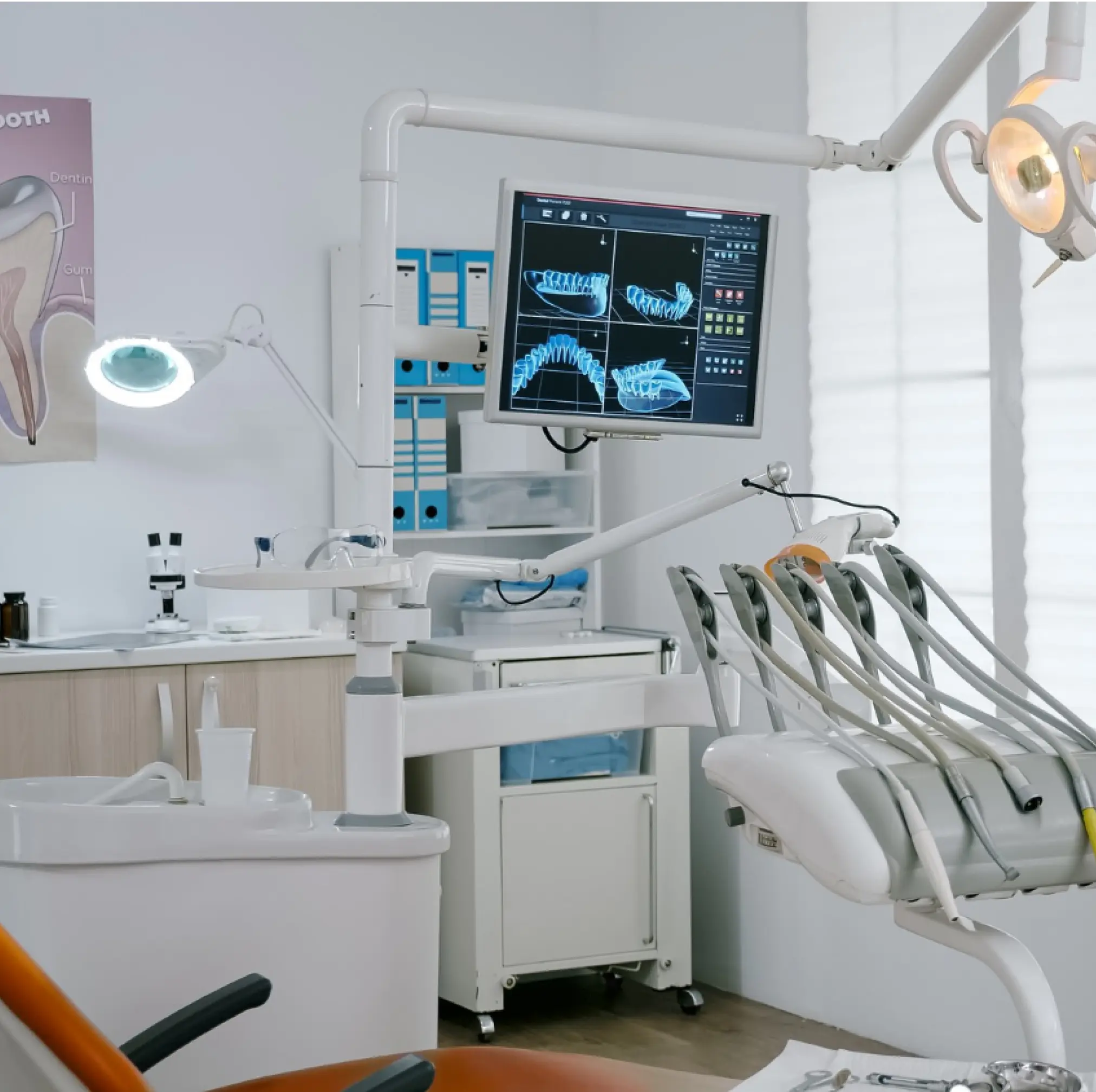
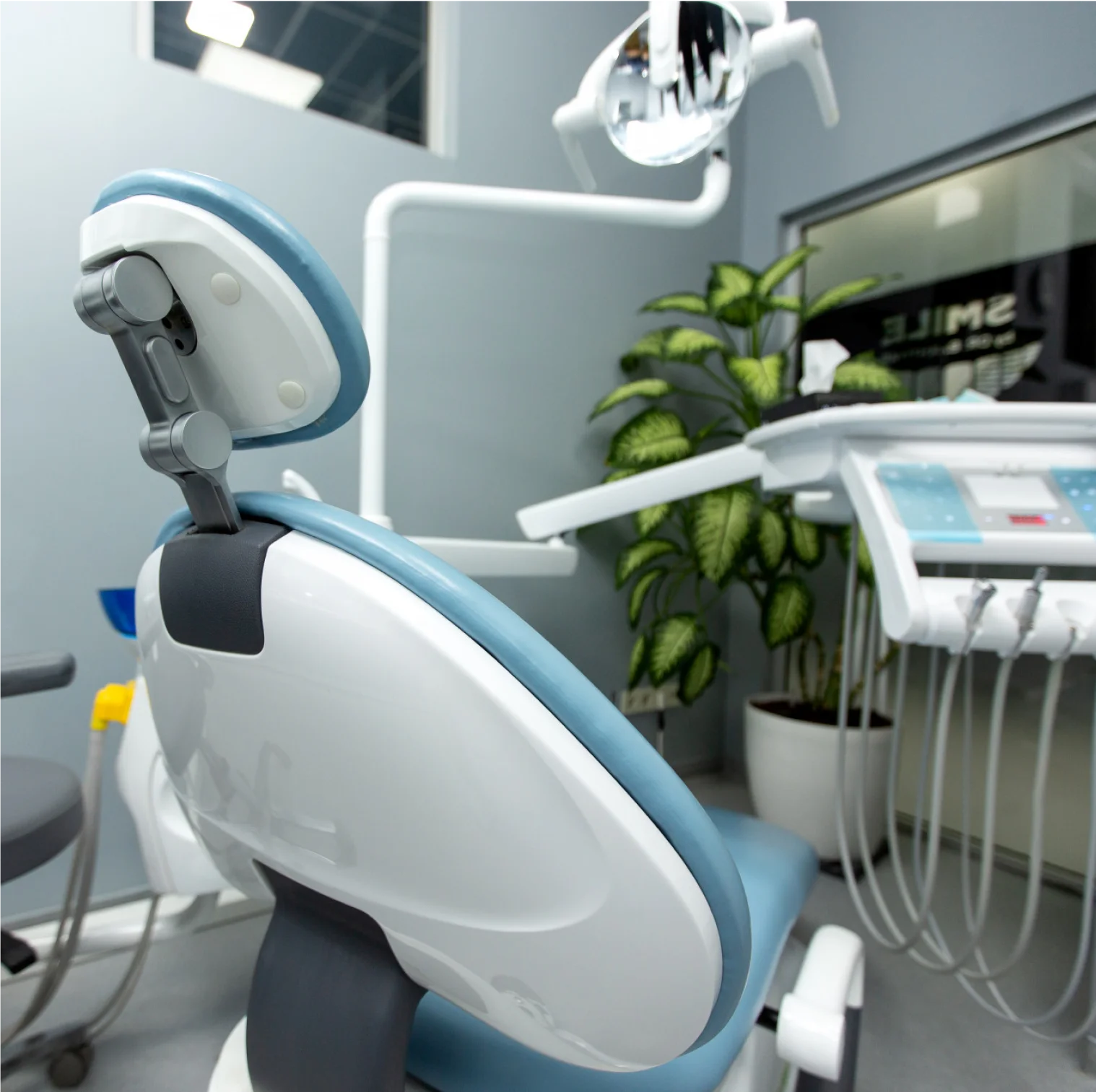
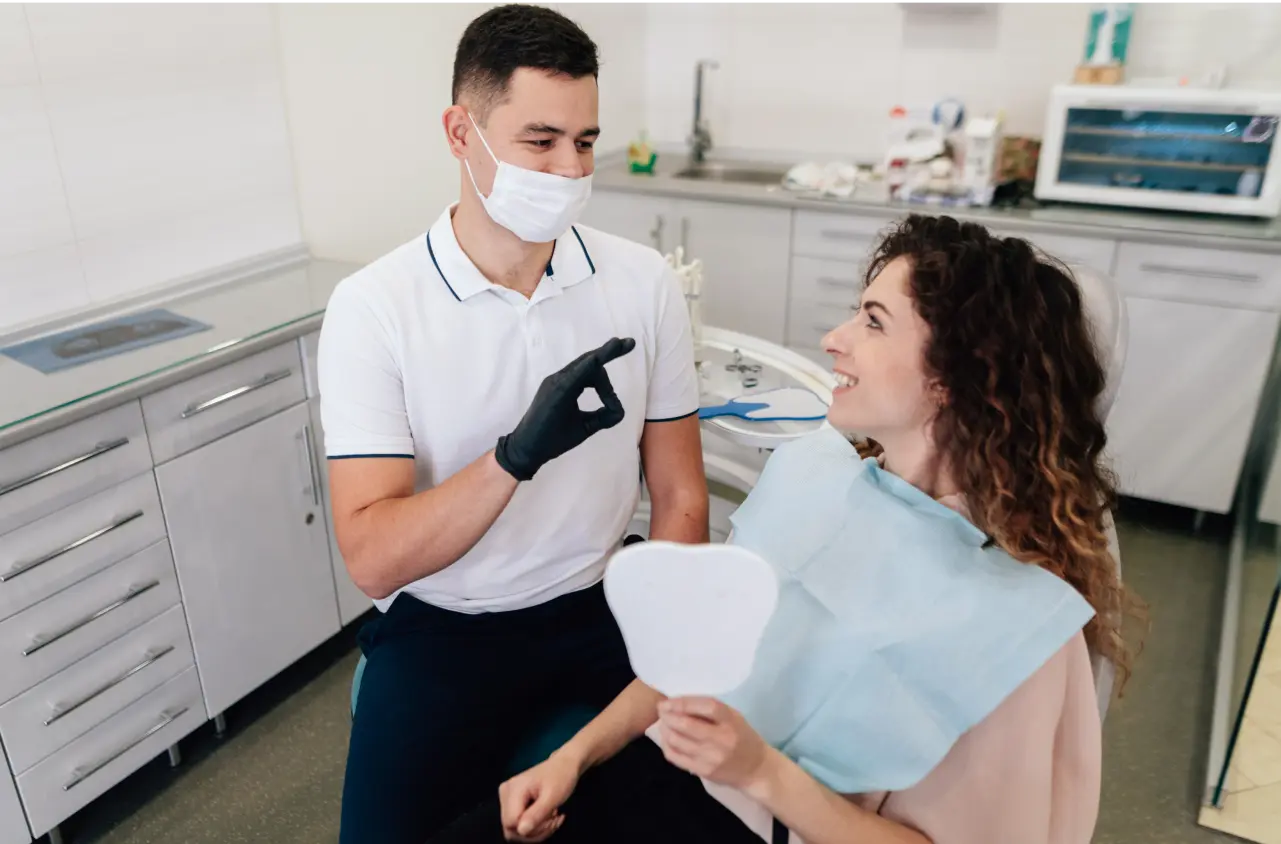
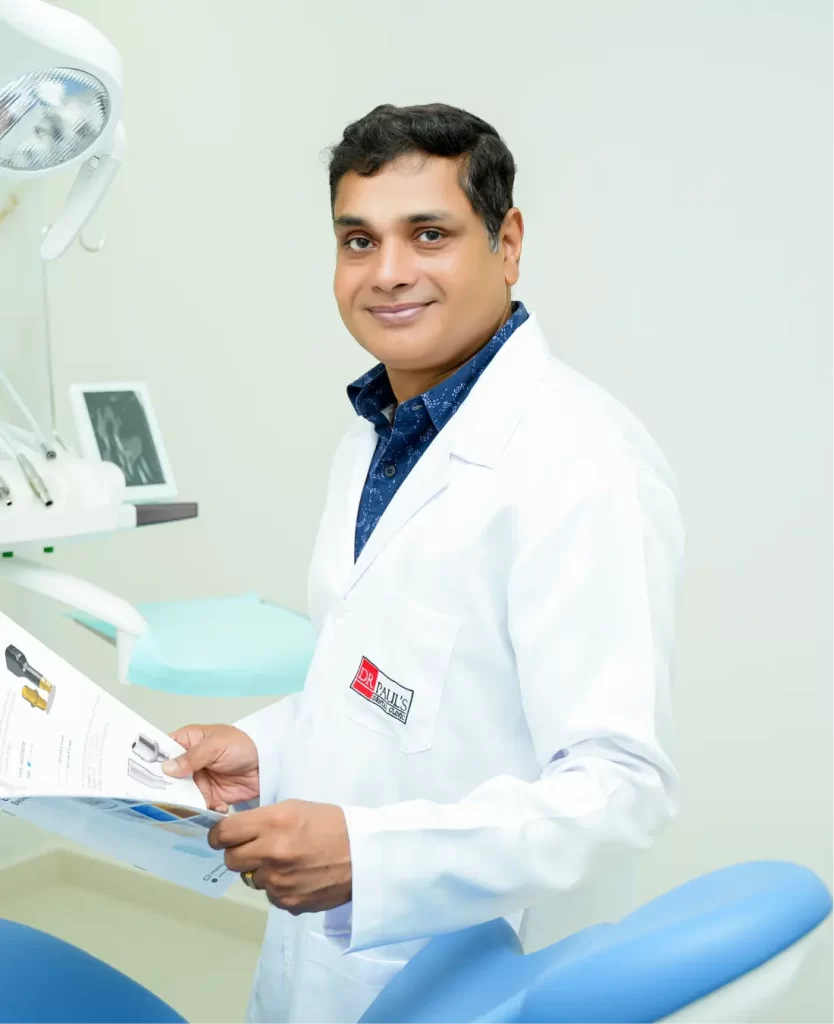 Dr. Gopalakrishnan Harikrishnan
Dr. Gopalakrishnan Harikrishnan 